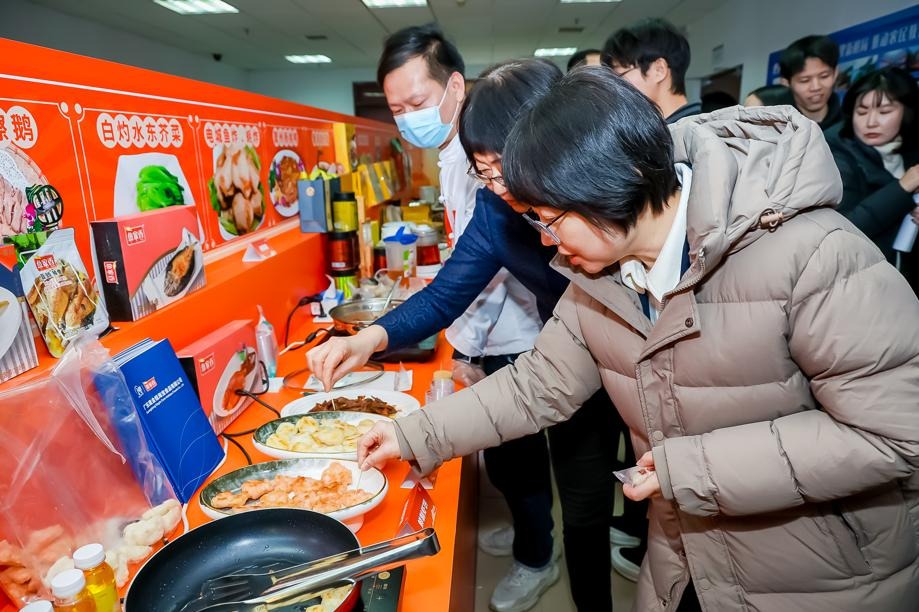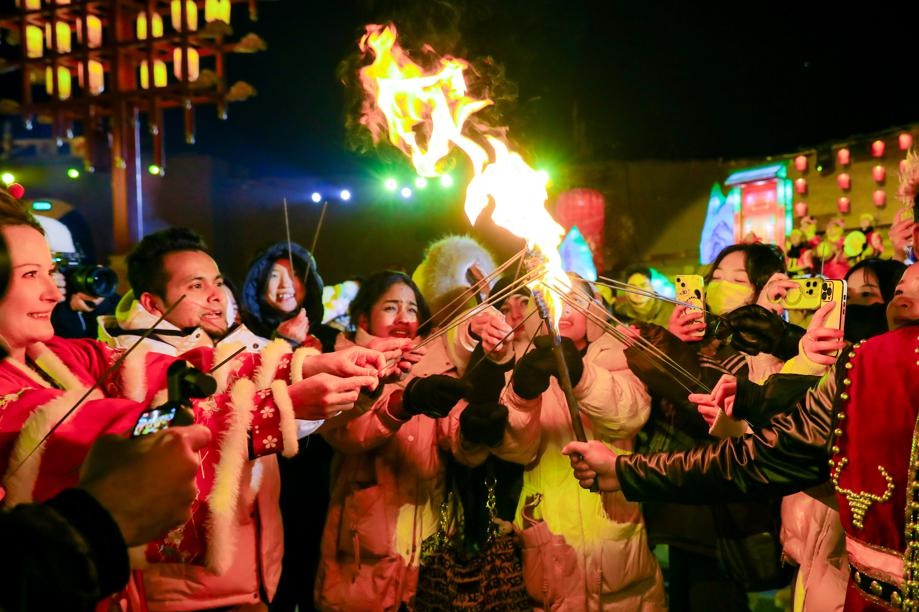Xi's philosophy modernizes China's governance, improves global architecture - expert

SEOUL -- President Xi Jinping has offered signposts for upgrading his country's governance and contributed to improving the global architecture, a renowned South Korean expert on China has said.
Over the past five years, "China has achieved the modernization of its governance," Lee Hee-ok, a professor of political science at Sungkyunkwan University in Seoul, told Xinhua in an interview in the run-up to the 19th National Congress of the Community Party of China (CPC).
"What impresses me most is that President Xi Jinping presented signposts to a China-type governance," said Lee, who leads the Sungkyun Institute of China Studies.
Xi's governing philosophy, he said, involves how to interpret governance, how to adjust it to China's unique realities and how to universalize it.
Lee noted that among other governance achievements, Xi, who is also general secretary of the CPC, has led the party to carry out an effective anti-corruption campaign, whose significance is far-reaching.
"The anti-corruption campaign is not just for eradicating corruption, but has significance in innovating the entire structure of Chinese society," Lee said.
The battle against corruption, he added, is aimed at making China's socialist market economy sound and healthy by rooting out such problems as corruption and rent-seeking, and helps the country consolidate the foundation for new innovations.
In the future, the CPC should focus on reform, sustainable development, deeper communication with people, environmentally friendly development as well as cutting red tape, he suggested.
As the entire world enters the new era of the Fourth Industrial Revolution, the CPC, in order to lead China to realize the "two centenary goals," should also foster knowledge-based industries, the professor said.
The "two centenary goals" refer to building a moderately prosperous society in all respects by the centenary of the CPC, which was established in 1921, and building a modern socialist country that is prosperous, strong, democratic, culturally advanced and harmonious by the centenary of the People's Republic of China, which was founded in 1949.
With an eye on the international landscape, Lee noted that China, with its modernized governance, has actively participated in international efforts to improve global governance as its status increases.
Citing the Belt and Road Initiative, he said China has been actively seeking to create synergy with the international community and promote common prosperity across the globe, rather than seeking to survive alone.
Put forward by Xi in 2013, the Belt and Road Initiative aims to build a trade and infrastructure network connecting Asia with Europe and Africa along and beyond the ancient Silk Road trade routes.
As one of the leading countries in the world, China should develop its "Chinese solution" into a global one, the professor said.
He suggested that China make more efforts through international organizations such as the United Nations to establish international norms that can bring a win-win solution to the entire world.
"The most important thing is that China should contemplate its own affairs from the perspective of the world," said Lee.
- General Secretary Xi Jinping’s Important Instructions on Coordinated Development: Theoretical Value and Practical Significance
- Xi Jinping's seven quotes about life
- President Xi Jinping has done an excellent job as president. He has great presence and visibility around the world.
- Xi Jinping : la communauté internationale doit coopérer sur la sécurité mondiale
- Shanghai continues to enrich ecological environment
- Shanghai to enhance education reform aligned with social needs
- Shanghai adds 622,000 new urban jobs in 2024
- Shanghai ramps up elderly care amid aging population
- Shanghai ramps up urban renewal to boost living quality
- Maoming specialty agricultural products showcased in Beijing





































